Govt, junior doctors on collision course
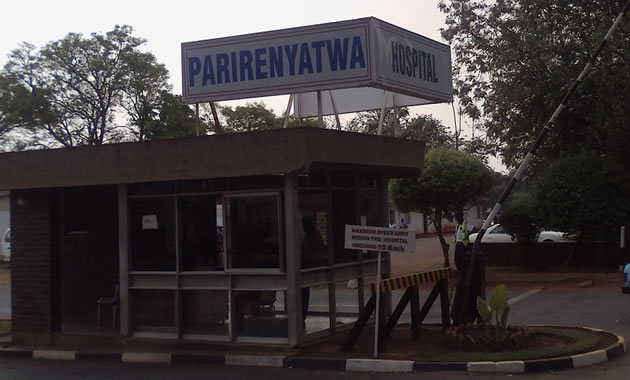
Paidamoyo Chipunza Senior Health Reporter
Junior doctors who graduated at the University of Zimbabwe recently have again refused to sign amended contracts of employment because their concerns have not been fully addressed, putting at risk the lives of thousands of patients as some hospitals have closed critical sections.
This has further compromised the smooth flow of service delivery.
The stalemate between the junior doctors and their employer – the Health Services Board – has resulted in some hospitals turning away referrals from district hospitals.
Mpilo Central Hospital has closed its outpatients department, while Parirenyatwa and Harare hospitals were working with few junior doctors who failed to complete their two-year housemanship last year.
Also read:
- Junior doctors threaten strike action
- Doctors down tools
- Senior doctors join strike
- Govt urges doctors to return to work
- Doctors’ strike rages on
- Govt, doctors deal imminent
- Doctors start trooping back to work
“I believe you are aware of the on-going impasse between the Health Services Board and the new crop of junior resident medical officers over their contracts. The new doctors are supposed to have resumed their duties by now.
“The department of medicine has been affected by this and is left with no junior doctors since the current crop graduated to be senior resident medical officers. This development has affected service delivery in the department,” reads part of Mpilo hospital’s internal memo signed by head of medicine Dr Mbongeni Ndlovu.
She said she had since communicated the development to the hospital’s chief executive officer and the clinical director who said the HSB was working to solve the impasse.
“While this is happening, we have taken the following measures as a department:
“Medical outpatient department will remain closed with immediate effect until the situation is resolved.
“Only critical and dire emergencies will be attended to and admitted by our health medical officers who have been working flat out during this time,” reads the memo.
Although Parirenyatwa and Harare Central hospitals have not closed any departments, information from the institutions suggests that they were relying on a limited number of doctors.
“You will find that in some departments, which are usually manned by at least five doctors at a time, there will only be one doctor, causing delays in service delivery,” said a source from Parirenyatwa Hospital. Contacted for comment HSB spokesperson, Mr Nyasha Maravanyika, said the board had not yet received any news from clinical officers pertaining to the amended contracts nor closure of some departments.
“The board and the Ministry of Health and Child Care have put in place a revised contract, which must be signed and the clinical directors have not yet told us that anyone has refused to sign it again,” said Mr Maravanyika.
Some of the student doctors interviewed yesterday said the document was so detailed on their responsibilities and punishments they could face if they failed to discharge their duties, but was silent and vague on their conditions of service and remuneration.
“It doesn’t say how many hours we are supposed to work per week; how much if ever we are going to be paid in the second year. It does not say how many patients we are required to see per call, but is so clear that we should be available at all consultants’ rounds,” said one of the junior doctors.
Some of the issues that were amended in the contract include salary and maternity leave.
“Our current collective position is that we are willing to go to work as soon as possible for the benefit of our patients, but we request that the HSB shelves this draconian document until they are fair on both sides,” said the doctors.
Government through the Health Services Board last year introduced new contracts for junior doctors, which only became effective last month.
Of late, junior doctors have been embroiled in numerous labour disputes with the HSB involving mainly their conditions of service.
These disputes have ended with the suspension of four executive members of the junior doctors’ representative board.


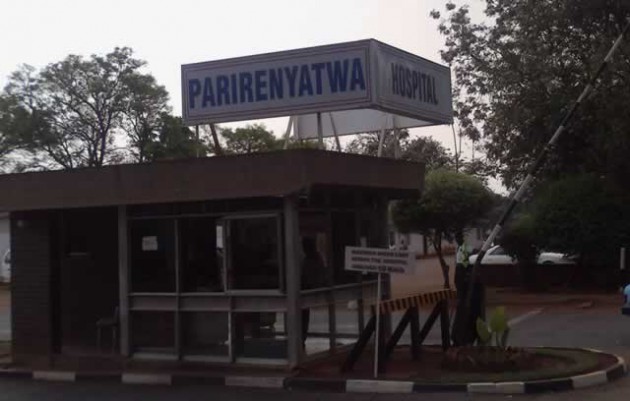
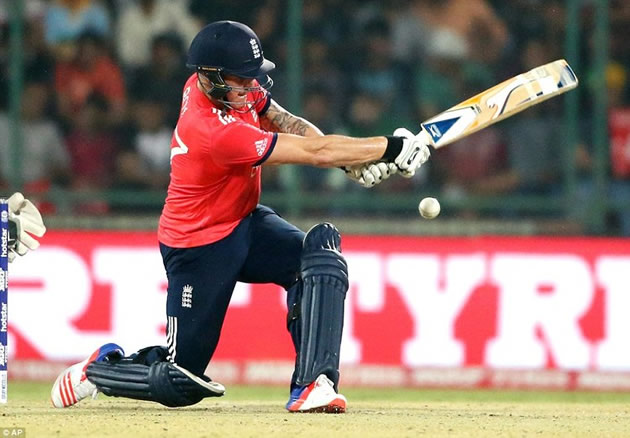
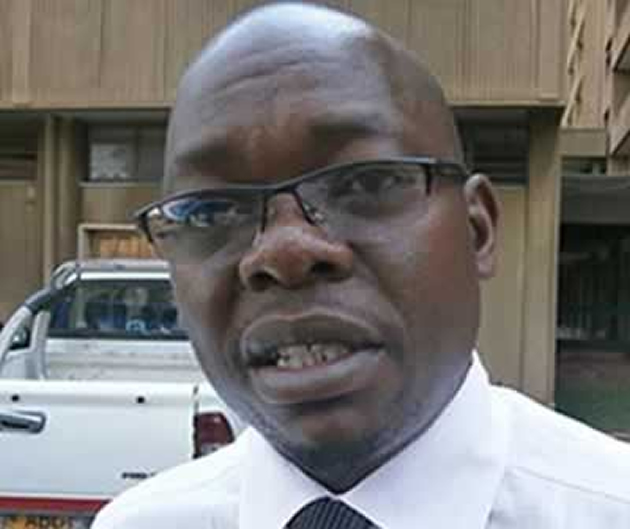
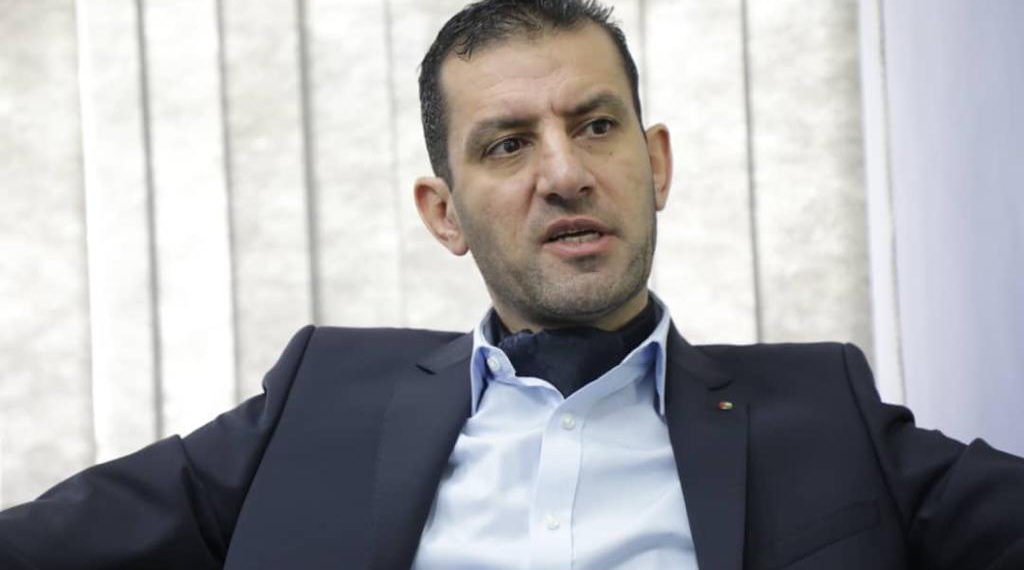
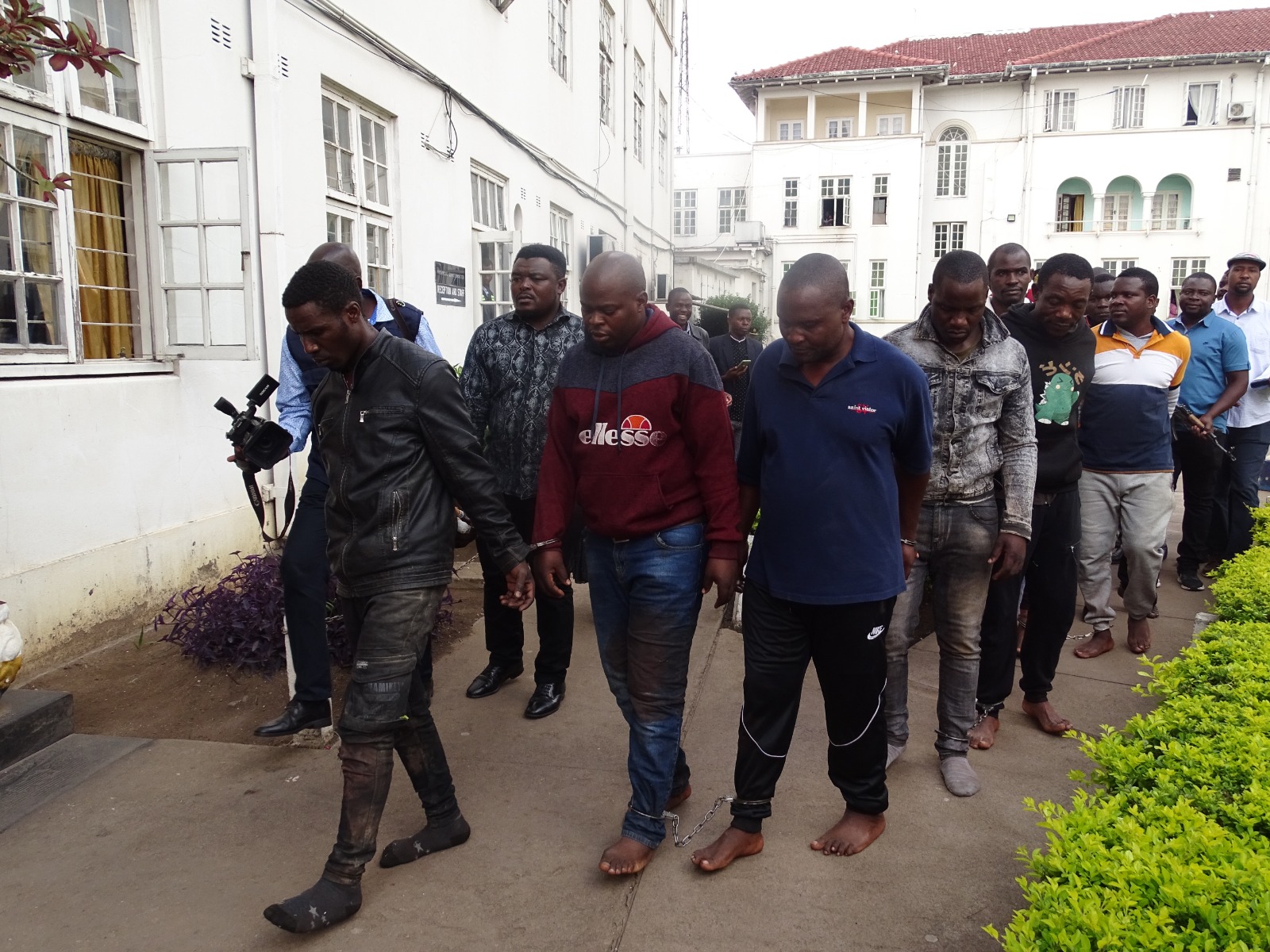


Comments